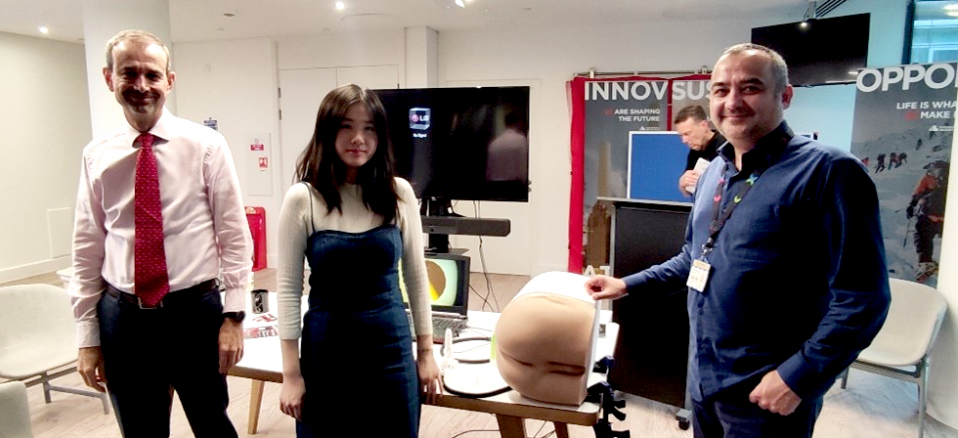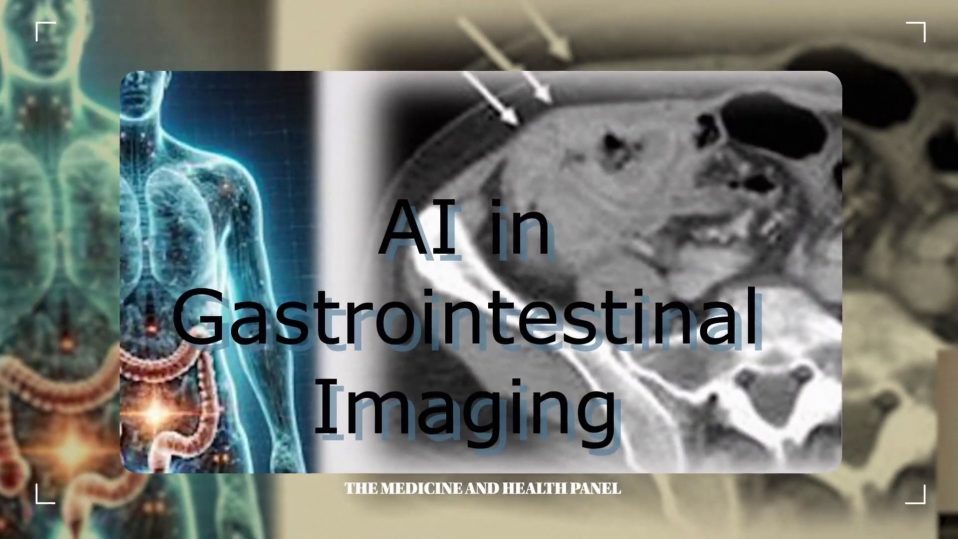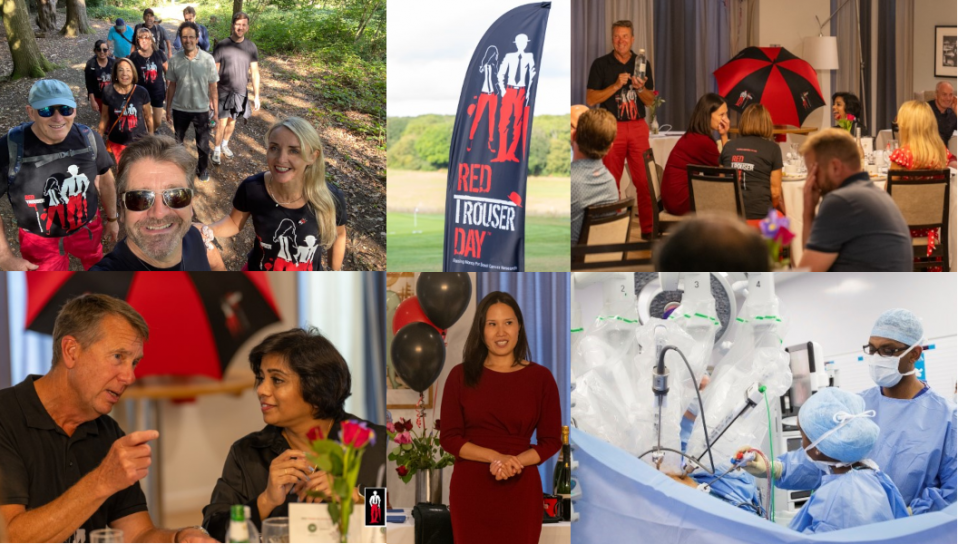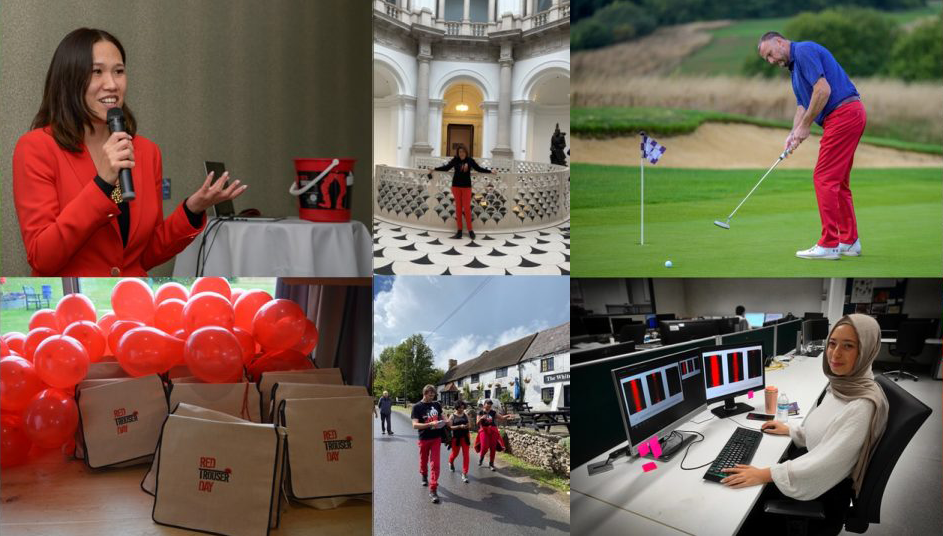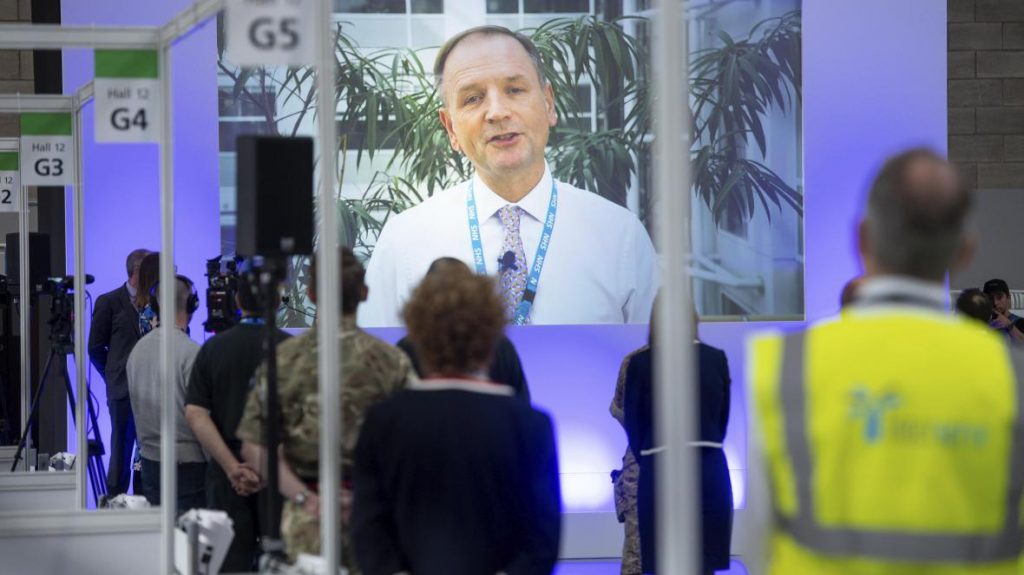
Focus groups have found that both fear of catching the virus and concern not to overwhelm the NHS have put people off seeking care.
A network of “Covid-free hubs” will treat cancer patients, it has been announced, as the NHS launches a “help us help you” campaign to get people back to hospitals. Amid growing fears about the risk to patients with other conditions as the health service focuses on coronavirus, the NHS is to start an advertising campaign this weekend urging people to seek help if they are ill.
Sir Simon Stevens, chief executive of NHS England, will warn people that delays in seeking help can threaten their health, pointing to falling attendances for cancer and heart attacks. Posters will attempt to reassure people that the NHS has space and dedicated “green” coronavirus-free sites.
Focus groups have found that both fear of catching the virus and concern notto overwhelm the NHS have put people off seeking care. As part of efforts to ensure other conditions can be treated safely, dedicated NHS and private hospital sites will be turned over entirely to cancer care to ensure patients can get urgent treatment safely.
England’s 21 cancer alliances have each been asked to designate hospitals where patients who need urgent treatment can receive it without fear of picking up coronavirus. Seven areas have operations fully up and running, The Times understands, with the remainder starting to see some patients.
The Queen Victoria Hospital (QVH) in East Grinstead is treating patients from across the southeast who have head, neck, breast or skin cancer. The trust already handled head and neck cancer and skin cancer treatment, and has brought in consultants from other hospitals to conduct breast cancer surgery. Everyone arriving on site has their temperature taken and must wear a facemask. Patients who need surgery are told to quarantine for seven days before they attend, and are swabbed for Covid-19 two days before their operation. They are given chest scans to check for signs of the virus before admission to a ward.
Ian Francis, associate medical director at QVH, said the plan was for the hub to be in operation through to the autumn, but added: “Only time will tell.” He said: “I think the sense within the NHS generally now is obviously we’re not going to see a super surge [of Covid-19 cases], but there are potentially other surges coming.
“So the fact that we’ve reconfigured the service to deliver this, we wouldn’t want to unwrap it and go back to our old way of working quickly.”
“We don’t know that we can be [totally] Covid-free,” he cautioned. “But what we have done is set up processes that minimise Covid exposure.”
The plans are based on a model adopted in the capital, with the Royal Marsden Hospital becoming a central hub for cancer care across London.
Cancer Research UK warned on Tuesday that more than 2,000 cancer patients a week were going undiagnosed, as referrals for urgent cancer checks fell by 75 per cent.
This week Matt Hancock, the health secretary, announced plans to “re-open” the NHS now that Britain has reached the peak of coronavirus, urging people to seek care and saying he hoped to restart routine surgery shortly.
NHS chiefs are more cautious, and are attempting to focus on the most serious conditions where delays can be fatal. There are no plans to encourage people to seek routine care for minor conditions given that about a third of NHS beds are occupied by coronavirus patients.
As such they are playing down suggestions from government that the NHS is “open for business as usual”, instead using a slogan: “Help us help you get the treatment you need.”
Modelled on messages used during winter crises, posters will tell people that if they are advised to go to hospital by GPs or NHS 111 “then please go. We’ll give you the care you need”.
The Department of Health is attempting to estimate how many might die because of care missed as a result of lockdown, but has so far resisted publishing its conclusions.
